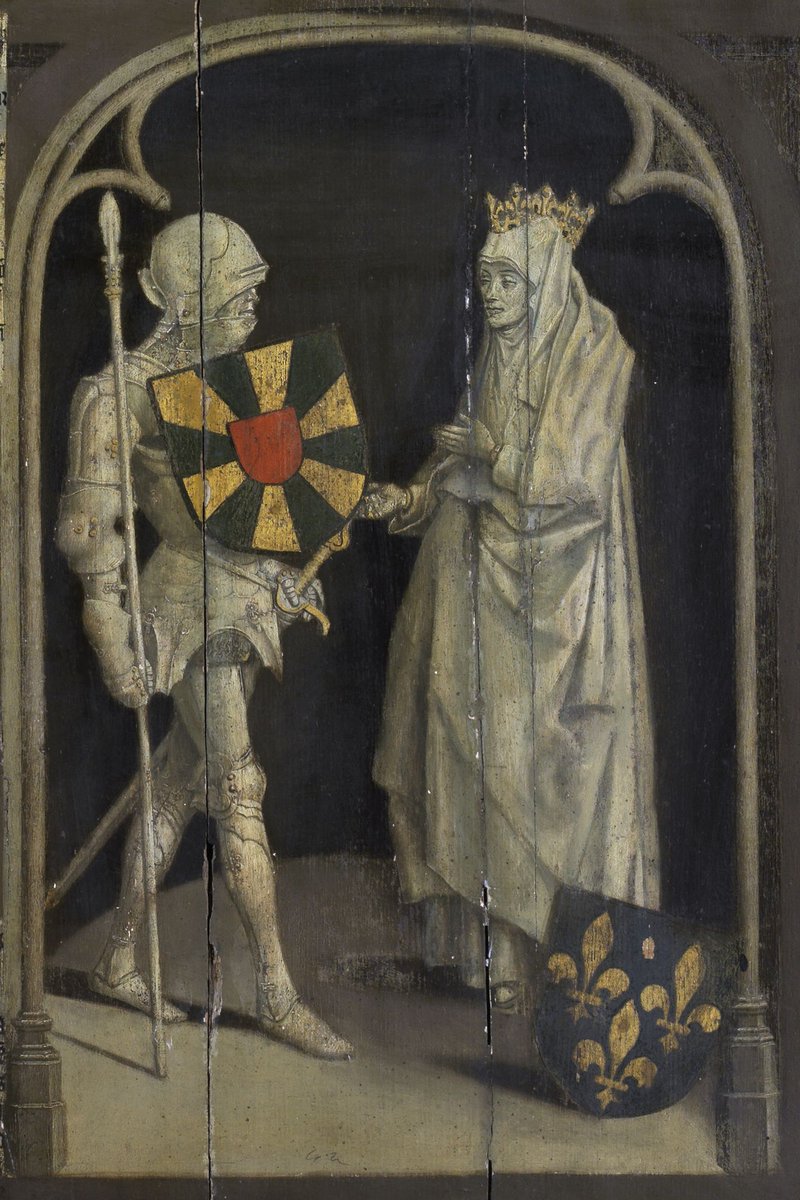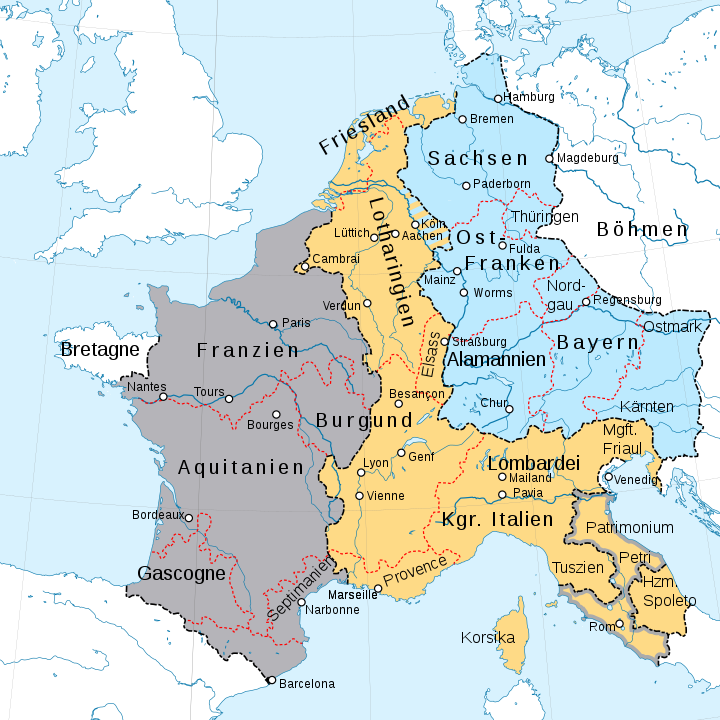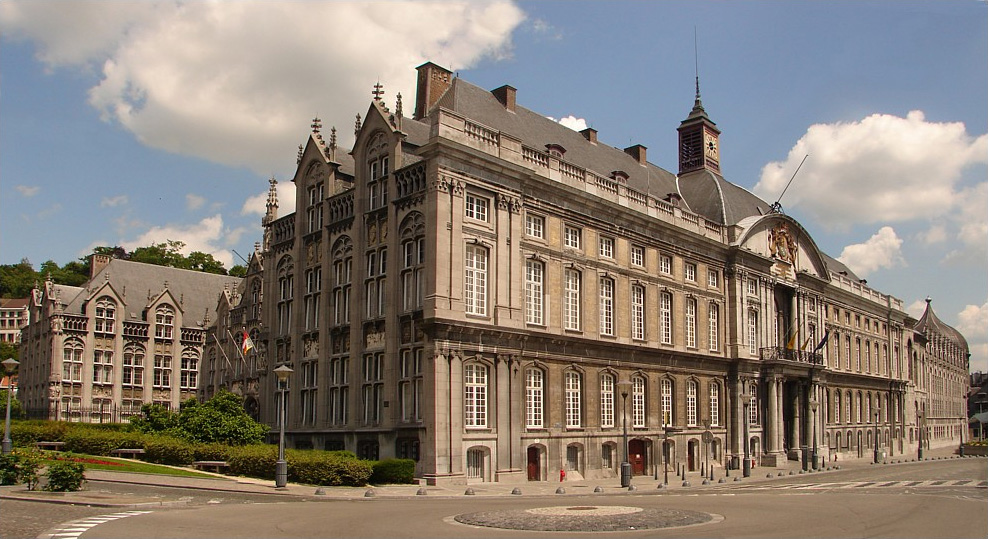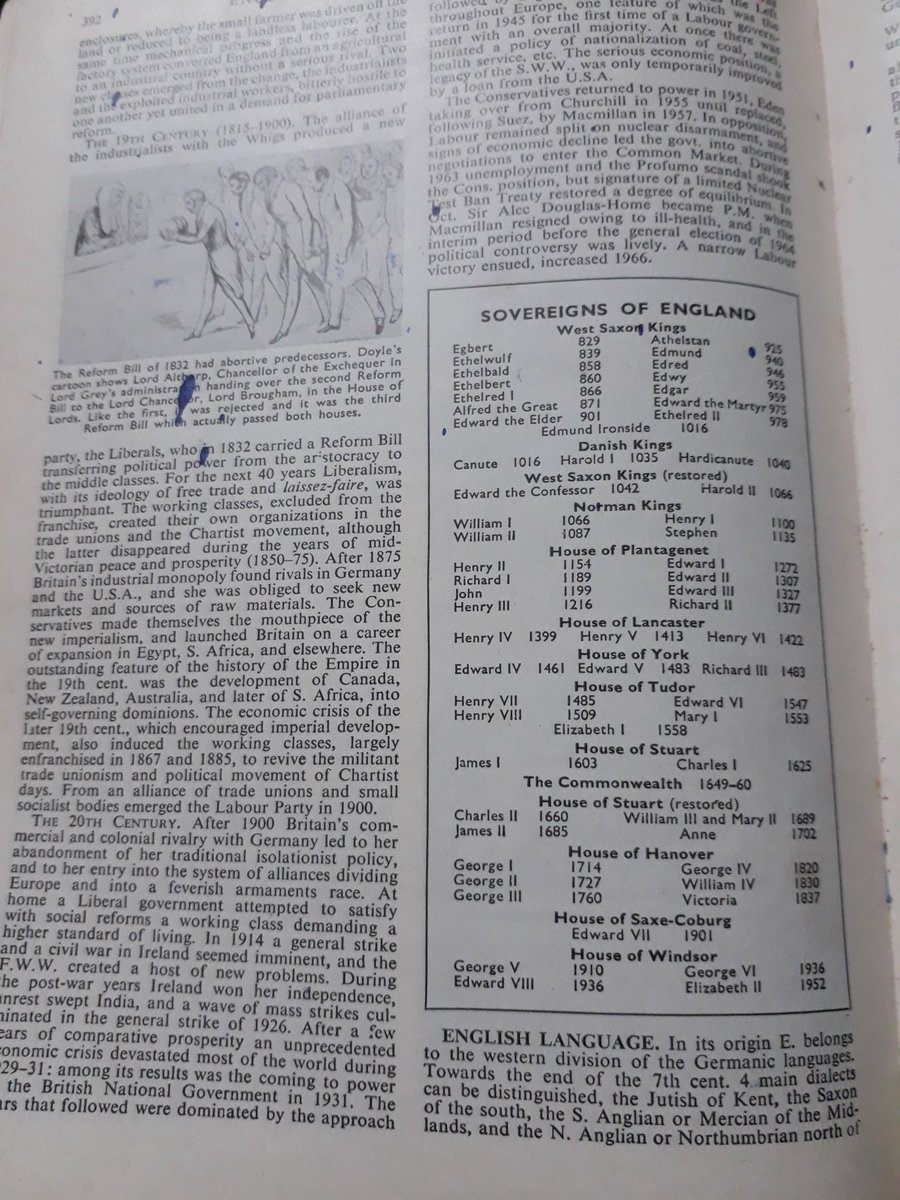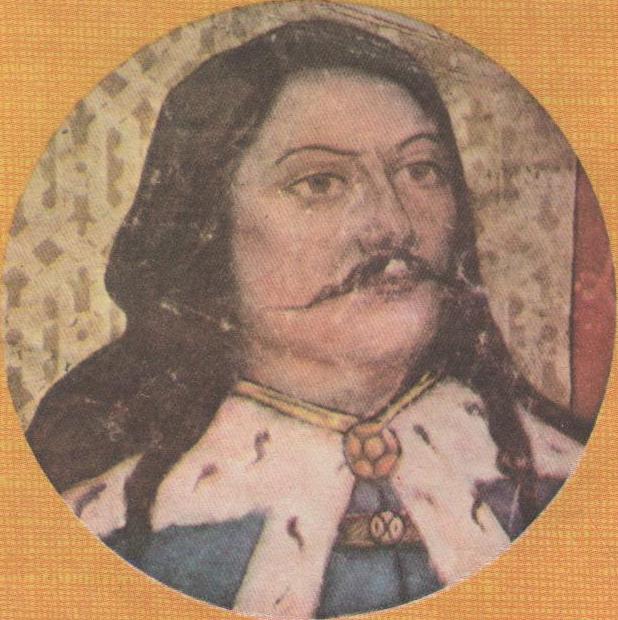
History has many who transformed their region only for it to fail with their end or soon after it. Asimov "called" them Mules.
One such Prince seized his cousin's Kingdom and conquered many others.
But his lasting legacy turned out to be a boundary.
Story in the evening ...
One such Prince seized his cousin's Kingdom and conquered many others.
But his lasting legacy turned out to be a boundary.
Story in the evening ...
https://twitter.com/Arby_K/status/1465508387047698433
Offa was born around 730 to Thingfrith. Thingfrith may have been a descendant of Pybba, who had been King of Mercia in the 7th century. At the time of his birth, Mercia was ruled by Æthelbald, who may have been Thingfrith's second cousin. 1/10 

Mercia was one of the Anglo Saxon Kingdoms formed after the collapse of the Roman occupation of Britain. But by the time of Penda, son of Pybba, Mercia had started to emerge as the major power on the island. 2/10 



In 757, King Æthelbald was killed either by his bodyguards or by Beornred, who then claimed the throne. But his rule was short, since Offa had seized Mercia by the end of the year. He then went on to consolidate his rule of Mercia and expand to new territories. 3/10 

In 764, King Offa gained control over Kent, one of the older Anglo Saxon Kingdoms, after which he may have either lost the control or appointed sub Kings to rule on his behalf. Nevertheless, by 785, Mercia had reinstated their rule over Kent and expelled its heir, Ecgberht. 4/10 

Next was the Kingdom of the South Saxons (Sussex). By 771, Mercia had become the overlords of Sussex and would remain so throughout King Offa's rule. After defeating Wessex in 779, King Offa was able to reunite most of the southern part of former Roman Britain. 5/10 

After defeating the Welsh in 784, Offa is said to have strengthened Mercia's eastern defences with a dyke he may have either started or expanded on, based on an existing structure. The dyke, later attributed to Offa, still uses his name and separates Wales from England. 6/10 

King Offa also allied with Northumbria in the north, marrying his daughter Ælflæd to their King Æthelred in 792. He also sought recognition from Europe proposing to marry his daughter to one of the Frankish King's sons, but was not successful. 7/10 
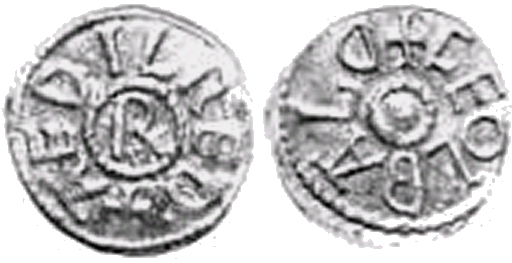
He was more successful in getting recognition from Rome. The Archdiocese of Lichfield was created to give a Mercian Archbishop independent of the Archbishop of Canterbury. Canterbury lied deep in the Kingdom of Kent away from immediate Mercian influence. 8/10 

Kingdom of Mercia remained all powerful till King Offa's death in 796. He was succeeded by his son, Ecgfrith, already crowned King in 787, perhaps thanks to the Archbishop of Lichfield. But Ecgfrith lasted only days and was replaced by another relative. 9/10 
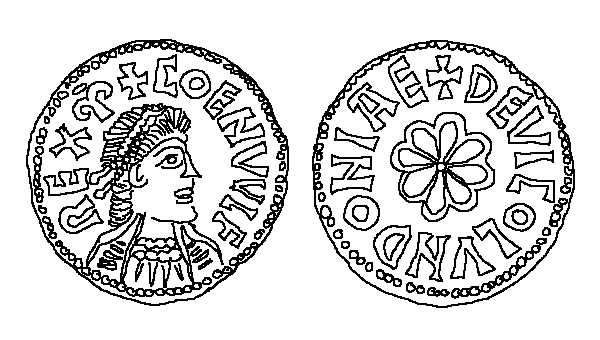
Mercian hegemony over Anglo Saxons was finally undone in 825, when they were defeated at Ellendun by Wessex, then ruled by the former Kent Prince Ecgberht. Later, Wessex replaced Mercia as the dominant power in erstwhile Roman Britain and carved out England out of it. 10/10 

• • •
Missing some Tweet in this thread? You can try to
force a refresh





